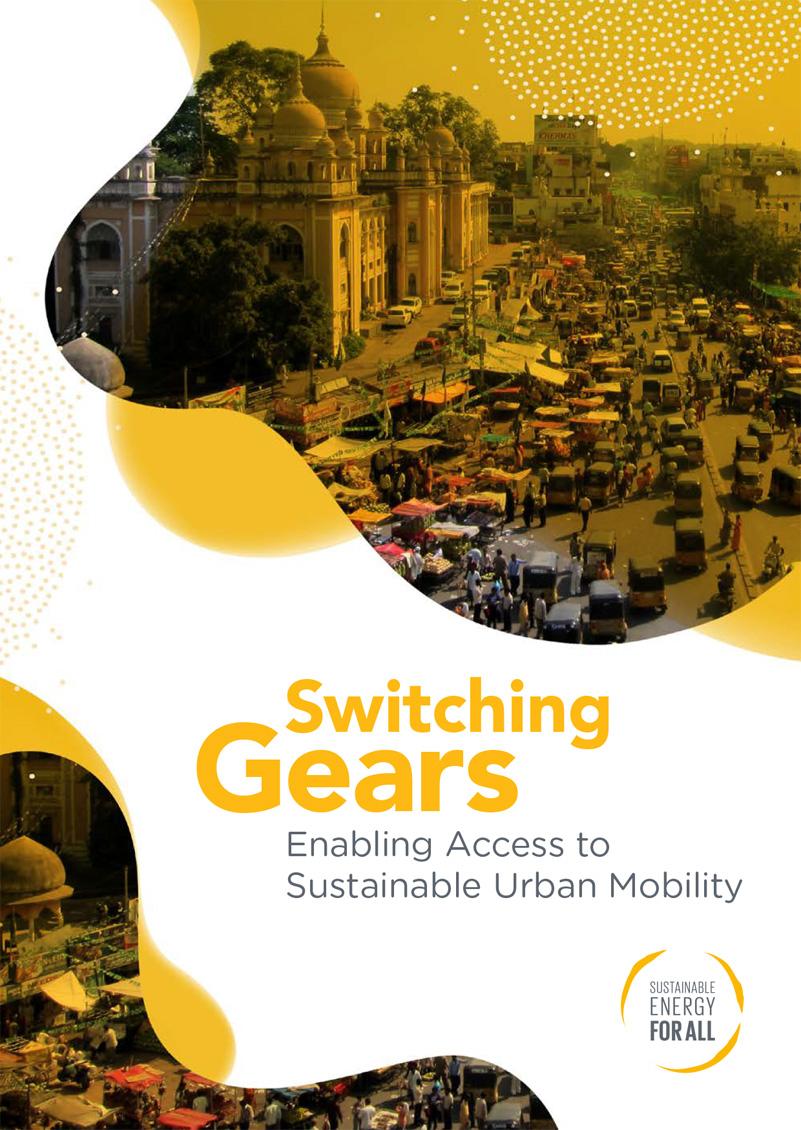Switching Gears: Enabling Access to Sustainable Urban Mobility
The nexus between energy and mobility has never been more pertinent. Fossil-fuel based transport is contributing to the ongoing climate crisis and to the poor air quality observed in approximately 90 percent of cities worldwide. Meanwhile, there are millions of people who lack access to energy or mobility services. Several Sustainable Development Goals (SDGs) and the Paris Agreement emissions targets hinge on the rapid evolution of the transport sector and how it is powered. Yet opportunities for securing sustainable urban mobility for all in lock-step with the transport sector’s need to decarbonize remain underexplored.
Switching Gears: Enabling Access to Sustainable Urban Mobility addresses this oversight. It explores how sustainable energy access and low-carbon mobility can be developed together to deliver new sustainable services for those previously underserved.
Contents
- Introduction: How energy can trigger access to sustainable urban mobility
- A framework to integrate energy and mobility in the urban context
- Defining and quantifying: the sustainable urban mobility gap
- Three solutions to uniting energy and mobility in cities
- The financing gap
- Recommendations and next steps
Priority countries: Benin, Bolivia, Cameroon, Côte d'Ivoire, Ethiopia, Ghana, Honduras, India, Indonesia, Kenya, Mozambique, Namibia, Nepal, Nigeria, Philippines, Senegal, South Africa, United Republic of Tanzania, Zambia





